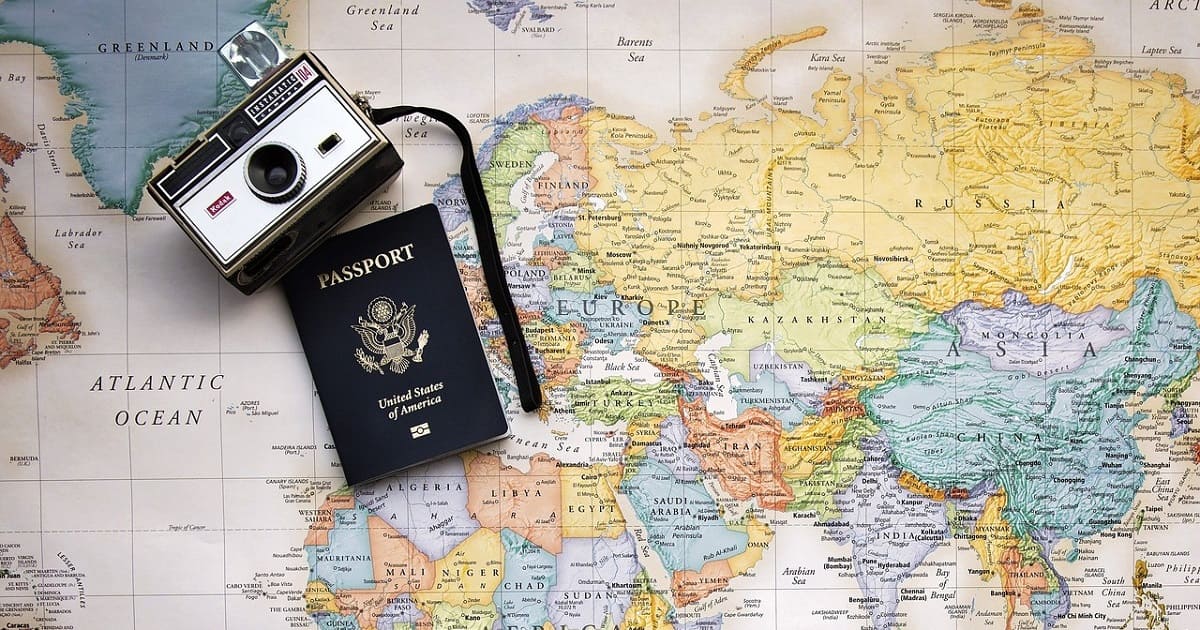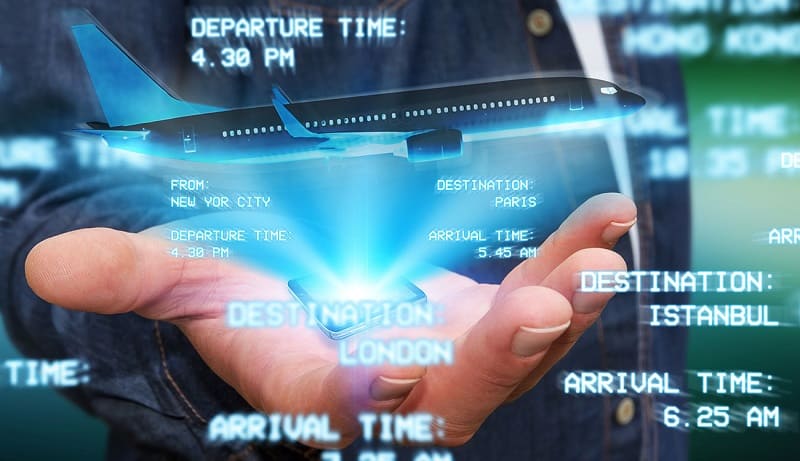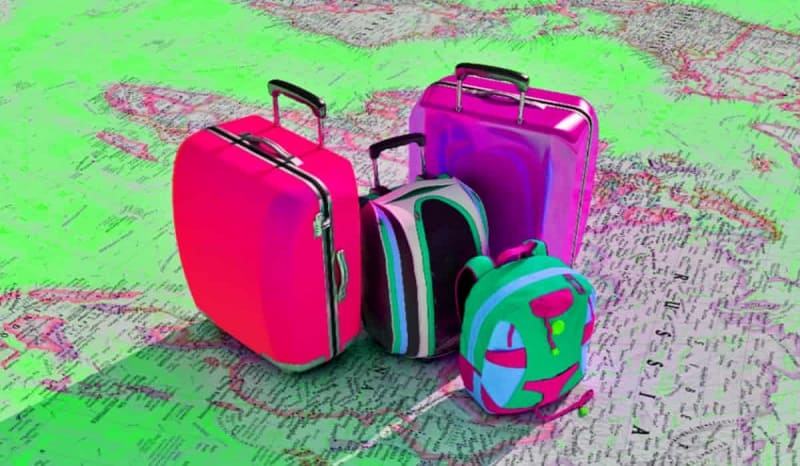
It’s time to dispel a myth: cryptocurrencies are not just for nerds and those who want to invest in digital currencies. The crypto world is entering new industries and new sectors, so it’s not just about finance and economics.
Cryptocurrencies are entering the universe of art (with NFTs), sports, and movies. For example, anyone who wants to can click here and try a crypto casino. Others, however, may prefer to start paying with cryptocurrencies on e-commerce sites.
ADVERTISEMENT
The fact of the matter is that over a trillion dollars are invested in cryptocurrencies, and the travel-crypto node undoubtedly represents a niche market destined to grow soon amidst the need for regulation and new balances.
What is blockchain?
Today there is a desire to replace much of what we have learned to use on the web in the past 20 years, with a system that tends instead toward decentralization and will bring us to a level of total “equality.”
It seems, almost, that we want to shrug off the collateral “damage” of a monopoly created through the digital age, where news (fake news) has often overridden justice.
And where “open protocols,” which gave splendor to the Internet model, have been unable to realize secure and tracked standards of even our human identities. Look, for example, at the phenomenon of Facebook controlling the faces and movements of millions of people worldwide or Google anticipating our desires.
ADVERTISEMENT
Do we need to change the game’s rules to solve all of this? The one who thought it was Satoshi Nakamoto, a computer programmer who circulated a document named Bitcoin on a cryptographic mailing list in 2008. It was a “peer-to-peer” electronic payment system that did not require centralized security to be verified.
A blockchain is an open, distributed ledger that can record transactions between two parties efficiently, veritably, and permanently. The database leverages a peer-to-peer network that connects to a protocol for validating new blocks.
Finally, today we don’t know if it will succeed as a standard and in what form it will do so. But, probably, just as the Internet revolution of 20 years ago allows us to stream Netflix today, the blockchain revolution could lead us in a few years to travel differently, with our identity and travel history recorded on the network, like in the best episodes of The Black Mirror!

How can blockchain benefit the travel industry?
In terms of benefits, blockchain technology can offer the travel industry top-level stability and security. The decentralized nature of blockchain means that information can never go “offline” or be lost due to accidental deletion or a malicious cyber-attack, ensuring that transactions are always traceable.
The travel industry relies on different companies exchanging information with each other. For example, travel agents must transmit customer details to airlines and hotels, while travelers’ belongings are often transferred between companies and tracked. Blockchain can make accessing and storing valuable information more accessible and reliable because the storage responsibility is shared across the network.
Of course, financial transactions are a vital part of the tourism industry, and blockchain technology cannot only simplify but also protect payments. This is especially true when it comes to foreign payments. As a result, blockchain can improve trust between all sides.
ADVERTISEMENT

Some examples of using blockchain in tourism
Here is how blockchain can be applied in travel:
- More user-friendly loyalty programs: the difficulty of using miles outside of air travel could be overcome by using a standard such as a blockchain shared with retail chains or online merchants, for example.
- Automation of payment processes in the travel supply chain: faster, more efficient, and more secure payment processing and reconciliation.
- It can improve the tracking of luggage and every supply chain. Baggage tracking has already reached very advanced levels, but with blockchain, sharing unique data with all companies involved would become more accessible. The technology applies to all industries that require tracking along a supply chain, from logistics to food.
The startup world is also buzzing. For example, Switzerland’s Winding Tree is developing an Ethereum-based platform that promises to lower the industry’s transaction costs. Lufthansa Group, Air New Zealand, and Nordic Choice Hotels have already lent their support as partners.
In addition, one of Europe’s largest tour operators, TUI Group, uses a private blockchain to better track hotel inventory.

Conclusion
Travel should be comfortable, convenient, and, above all, enjoyable. And that is precisely the challenge of blockchain, to offer new services designed to modernize and simplify the travel experience.
ADVERTISEMENT
How? By improving fares and ending booking irregularities, negative reviews, and long lines, all problems in the current travel environment.
Also, by forming more equitable ecosystems built to reduce the presence of intermediaries, travelers and service providers can establish more mutually satisfying relationships that help improve overall value.
ADVERTISEMENT











